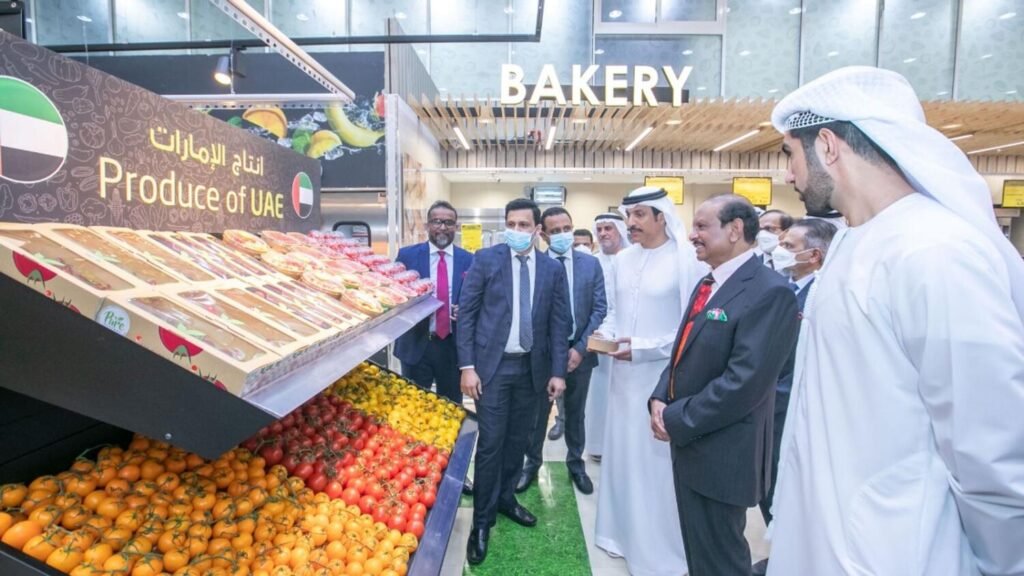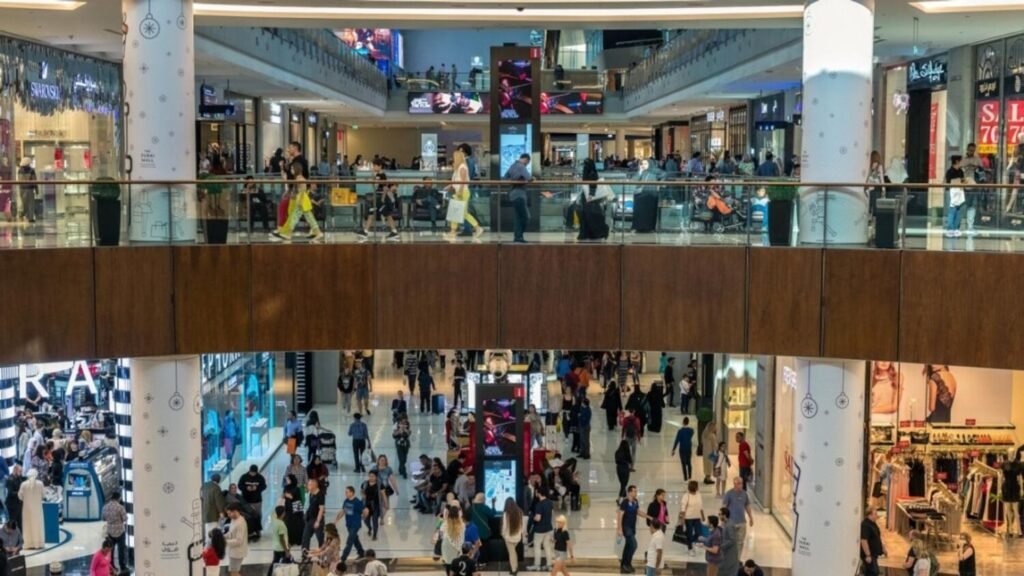“Anticipated Surge in Short-Term Rental Demand as GCC Unveils Unified Tourist Visa
Title: “Unified GCC Tourist Visa Fuels Surge in Demand for Short-Term Rentals in the UAE” However, industry experts anticipate that the largest beneficiary of the unified GCC tourist visa will be the short-term rental segment in the UAE, particularly in Dubai. This sector is expected to experience significant demand due to the abundance of options available to tourists compared to other cities and countries in the region. Dubai Tourism’s latest figures reveal a substantial increase in visitors to the emirate, reaching 12.4 million between January and September 2023, a notable 97% surge from 2022 and 2021. The consistent growth in tourist traffic since 2020, coupled with the introduction of the unified GCC tourist visa, is poised to encourage travelers to explore multiple GCC cities, positively impacting the short-term rental and holiday home market in the UAE. Driven by escalating demand and prices for short-term rental properties, global and local platforms like Airbnb, dubizzle, BlueGround, HomesGetaway, among others, are expected to witness significant increases in new listings in the coming years. Fibha Ahmed, sales director at dubizzle, expressed enthusiasm about the unified GCC tourist visa, likening its potential impact to the Schengen visa in Europe. She anticipates that tourists from other GCC nations may explore various cities within the UAE, including Dubai, resulting in a more even distribution of tourists and influencing short-term rental markets beyond traditional hubs. Dubizzle has recorded a 25% surge in short-term rental listings in the UAE in 2023, with a notable 26% increase specifically in Dubai, indicating a promising trend in the market. The introduction of the new visa is also expected to intensify competition and influence pricing strategies. With an anticipated influx of tourists, short-term rentals may experience higher occupancy rates, leading to potential benefits for property owners and rental platforms. Increased tourism spending on dining, entertainment, and related activities is expected to contribute positively to the local economy, influencing the real estate and rental markets. Depending on demand levels, property owners may adjust rental prices to capitalize on increased tourist arrivals, according to Ahmed. Farooq Syed, CEO of Springfield Properties in Dubai, noted the abundance of short-term rental options available in the UAE, particularly in Dubai, catering to varied traveler preferences. He believes that the GCC tourist visa promises a positive outlook, anticipating a surge in demand for short-term rentals. Short-term rentals have already proven to be a preferred choice for many visitors to the UAE, offering a “home away from home” experience. Syed expects a notable increase in short-term rental rates, particularly during peak tourist seasons and in sought-after locations. The convenience and accessibility offered by the unified GCC tourist visa are likely to attract more tourists to the UAE and Dubai, leading to a surge in demand for short-term rental properties. Property owners and operators may adjust rates, potentially yielding higher investment returns, with the extent of the increase varying based on individual property characteristics, location, and the broader economic landscape.










